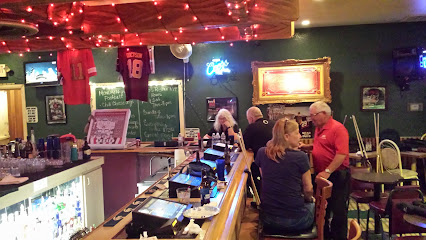
Explore the Majestic Death Valley Wilderness
Discover the stunning landscapes and unique ecosystems of Death Valley Wilderness, a natural gem in California's Death Valley National Park.
Death Valley Wilderness is an awe-inspiring nature preserve nestled in California, offering breathtaking landscapes, unique geological formations, and a profound sense of solitude. Perfect for adventure seekers and nature lovers alike, this vast desert expanse is home to stunning vistas, vibrant wildflowers, and diverse wildlife that thrive in its extreme conditions. Visitors can hike through its rugged terrain, marvel at towering sand dunes, and witness the captivating beauty of the sunsets that paint the sky in vibrant hues. A trip to Death Valley Wilderness promises an unforgettable experience in one of the most extraordinary natural landscapes in the world.
A brief summary to Death Valley Wilderness
- Death Valley National Park, Echo Canyon Rd, California, 92328, US
- +1760-786-3200
- Monday 12 am-12 am
- Tuesday 12 am-12 am
- Wednesday 12 am-12 am
- Thursday 12 am-12 am
- Friday 12 am-12 am
- Saturday 12 am-12 am
- Sunday 12 am-12 am
Local tips
- Bring plenty of water and snacks, as amenities are limited within the park.
- Visit during early morning or late afternoon for the best lighting and cooler temperatures.
- Wear sturdy hiking boots and sun protection to ensure a comfortable experience.
- Download trail maps in advance, as cell service can be unreliable in remote areas.
- Consider visiting in the spring to witness the desert wildflowers in full bloom.
Getting There
-
Car
If you are traveling by car, you can reach Death Valley Wilderness from Furnace Creek, which is a central location in Death Valley National Park. From Furnace Creek, head north on CA-190 for about 9 miles. Then, turn left onto Echo Canyon Road. Continue on Echo Canyon Road for approximately 2 miles until you reach the entrance to the Death Valley Wilderness area. Be sure to have a map or GPS device handy, as cell service can be limited in the park. There are no fees specifically for entering the wilderness area, but do check for any park entrance fees that may apply.
-
Public Transportation + Hiking
Public transportation options in Death Valley National Park are quite limited. If you do not have a car, consider booking a shuttle service from Las Vegas to Death Valley. Once you arrive at Furnace Creek, you can arrange for a guided tour or hike. A local tour operator may provide transportation to the Echo Canyon area. Be prepared for a hike, as the wilderness area is best explored on foot. Confirm details with the tour operator about costs and transportation options beforehand.
-
Bicycle
For the more adventurous, biking is an option if you are already in the Furnace Creek area. Rent a bicycle from a local rental service. Start at Furnace Creek and cycle north on CA-190, then turn onto Echo Canyon Road. The ride is approximately 11 miles one way. Ensure you bring plenty of water, sun protection, and snacks, as this can be a physically demanding route. Be mindful of traffic and road conditions, and check for availability of bike rentals in advance.
Discover more about Death Valley Wilderness
Iconic landmarks you can’t miss
Stovepipe Wells Village Hotel
14.6 km
Experience the rugged beauty of Death Valley from the comfort of Stovepipe Wells Village Hotel, your perfect desert retreat.
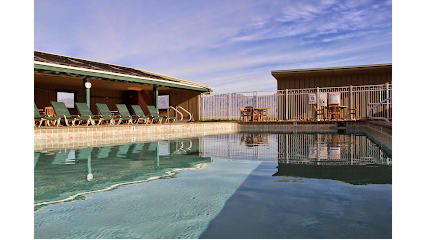
Toll Road Restaurant
14.7 km
Discover the Toll Road Restaurant in Death Valley National Park, where hearty meals meet breathtaking desert views for an unforgettable dining experience.
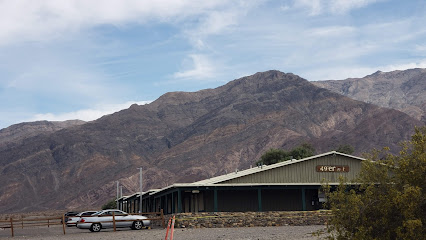
California Historical Landmark 848: Eichbaum Toll Road
14.7 km
Discover the historic Eichbaum Toll Road, the gateway that transformed Death Valley from a mining outpost to a world-renowned tourist destination.
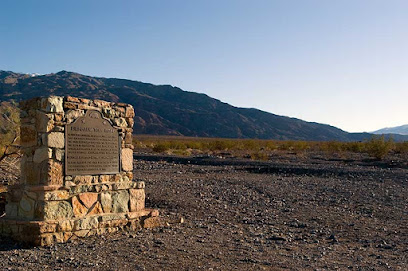
Mustard Canyon
14.9 km
Explore the vibrant hues and stunning vistas of Mustard Canyon, a captivating ravine in Furnace Creek, California, within Death Valley National Park.
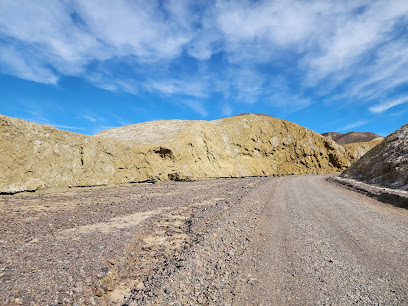
Furnace Creek Airport
15.3 km
Experience the breathtaking landscapes of Death Valley through Furnace Creek Airport, your gateway to endless desert adventures and stunning natural wonders.
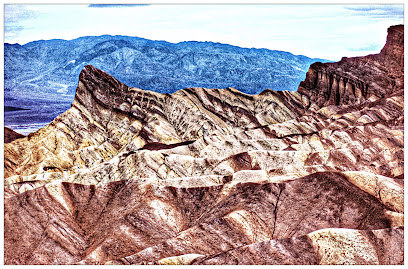
Harmony Borax Works Historical Marker
15.7 km
Explore the historic Harmony Borax Works in Death Valley, a key site in America's mining history surrounded by breathtaking desert landscapes.
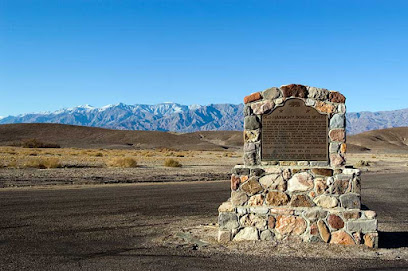
Ice Cream Parlor, Ranch at Death Valley
16.6 km
Discover the refreshing Ice Cream Parlor at Death Valley, where delightful flavors and stunning desert views create the perfect treat for travelers.
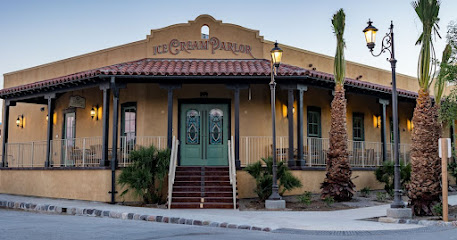
The Oasis at Death Valley
16.6 km
Experience the unique charm of The Oasis at Death Valley, where comfort meets the breathtaking beauty of the desert landscape.
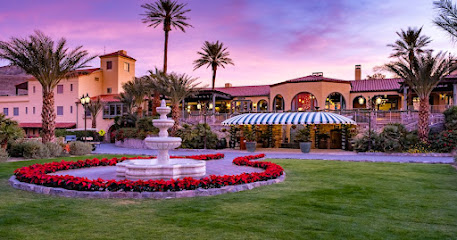
Old Stovepipe Wells
17.7 km
Explore the historical significance and breathtaking landscapes of Old Stovepipe Wells in Death Valley National Park, a must-see for avid travelers.
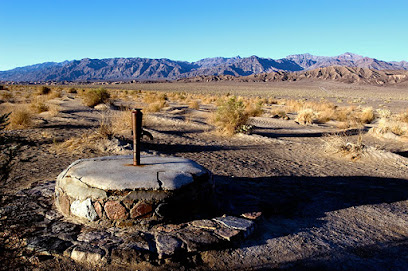
Titus Canyon, end of Red Pass
37.5 km
Discover the stunning landscapes and unique geological features of Titus Canyon, a hidden hiking gem in California's Death Valley National Park.
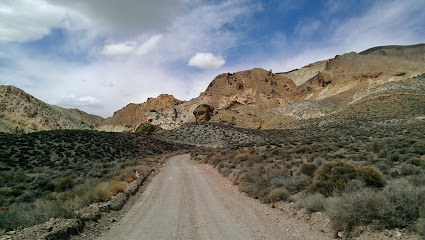
Labyrinth at Rhyolite
47.5 km
Explore the captivating Labyrinth at Rhyolite, an artistic oasis in the Nevada desert that combines creativity and history for an unforgettable experience.
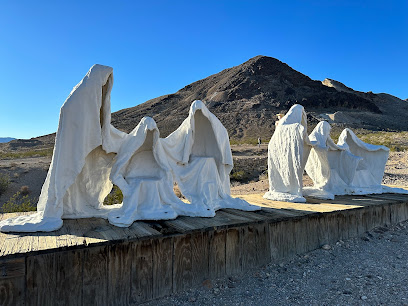
Grandstand
51.3 km
Explore the Grandstand in Death Valley National Park, where stunning geological formations meet breathtaking desert landscapes in a natural wonder.
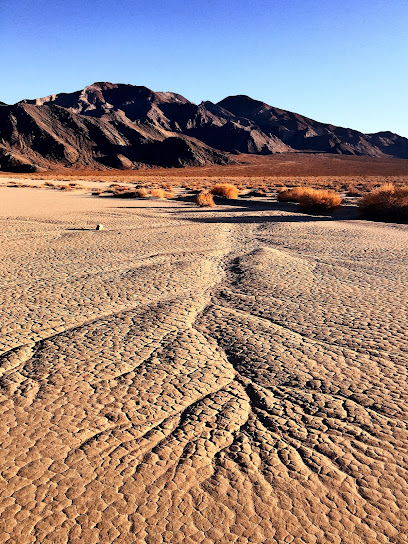
Scotty's Castle
64.6 km
Explore the historic Scotty's Castle, a unique blend of Spanish-Moorish architecture and fascinating tales in Death Valley National Park.
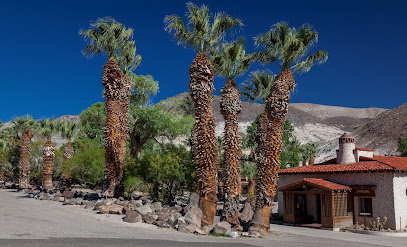
Ubehebe Crater
67.1 km
Discover Ubehebe Crater, a breathtaking volcanic wonder in Death Valley National Park, showcasing stunning landscapes and rich geological history.
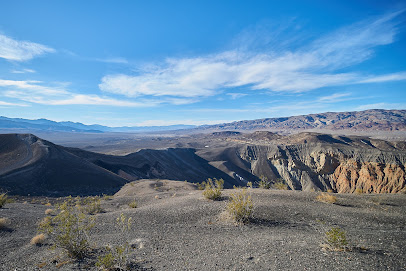
Cerro Gordo Ghost Town
67.3 km
Explore the haunting beauty of Cerro Gordo Ghost Town, a historic silver mining site offering breathtaking views and intriguing stories from California's past.
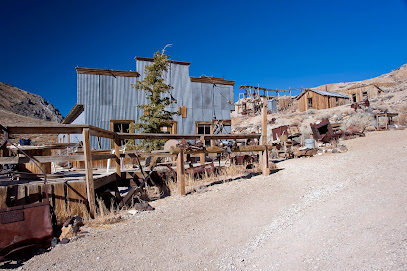
Unmissable attractions to see
Death Valley National Park
3.2 km
Explore the breathtaking and extreme landscapes of Death Valley National Park, where nature's beauty meets adventure in the heart of the desert.

Death Valley
10.5 km
Explore the extreme beauty of Death Valley, California, where stunning landscapes and unique geological formations create an unforgettable desert adventure.
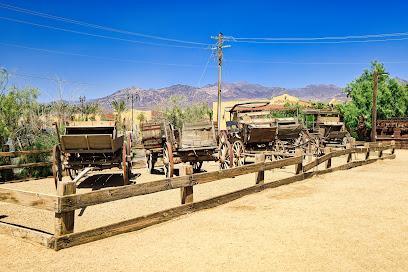
Devil's Cornfield Parking
12.9 km
Discover the surreal beauty of Devil's Cornfield in Death Valley, where desert landscapes create a mesmerizing backdrop for adventure and tranquility.
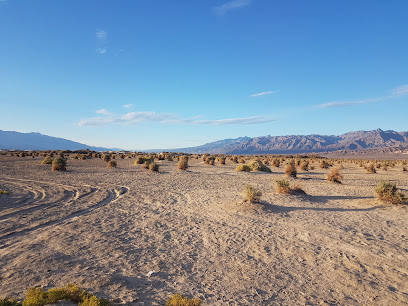
Mesquite Flat Sand Dunes
14.0 km
Discover the breathtaking Mesquite Flat Sand Dunes in Death Valley, where stunning landscapes and adventure await every visitor.
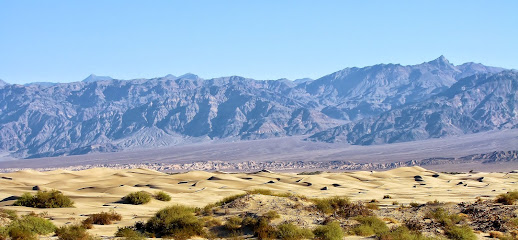
Stovepipe Wells Village Saloon
14.6 km
Experience the vibrant charm of Stovepipe Wells Village Saloon, a must-visit bar in the heart of Death Valley National Park.
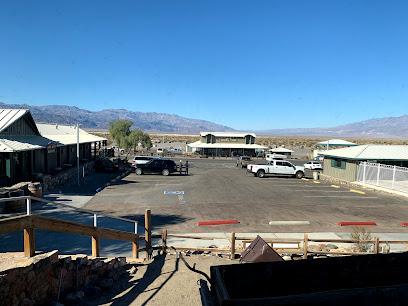
Badwater Saloon
14.7 km
Experience the unique charm of Badwater Saloon, a refreshing bar nestled in the stunning Death Valley National Park, perfect for unwinding after adventure.
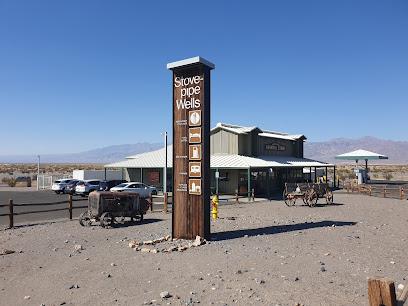
Stovepipe Wells
14.7 km
Experience the breathtaking beauty and rich history of Stovepipe Wells in Death Valley National Park, a must-visit oasis for every traveler.
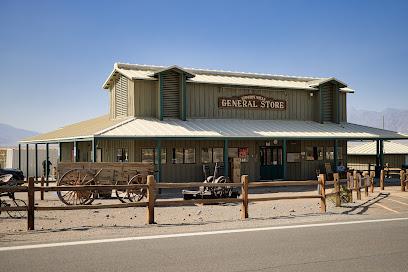
Stovepipe Wells Village
14.8 km
Experience the captivating beauty and rich history of Stovepipe Wells Village in Death Valley National Park, a perfect base for your desert adventure.
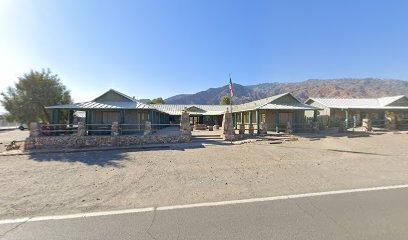
California Historical Landmark 441: Burned Wagons Point
14.8 km
Discover Burned Wagons Point in Death Valley, where the echoes of history meet the stunning beauty of the desert landscape.
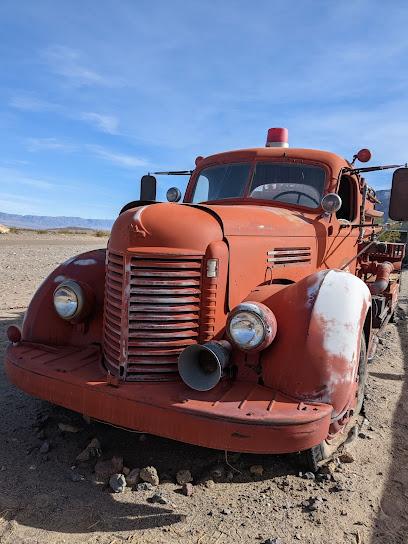
Stovepipe Wells Ranger Station
14.8 km
Explore the stunning landscapes and rich history at Stovepipe Wells Ranger Station, your gateway to Death Valley National Park adventures.
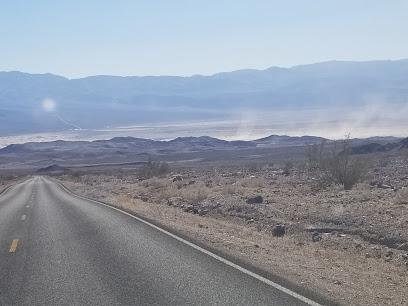
Stovepipe Wells General Store
14.8 km
Experience the essential Stovepipe Wells General Store in Death Valley, where convenience meets adventure in a breathtaking desert landscape.
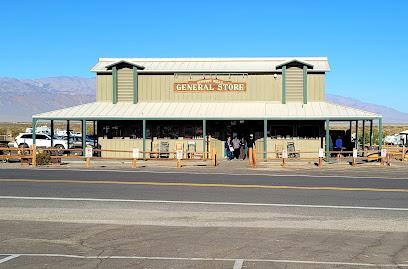
Stovepipe Wells Campground
15.0 km
Explore the stunning landscapes of Death Valley from Stovepipe Wells Campground, your perfect base for desert adventures and stargazing.
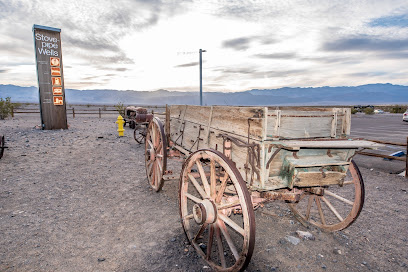
Harmony Borax Works
15.2 km
Explore the rich history of borax mining at Harmony Borax Works in Death Valley, surrounded by breathtaking desert landscapes and intriguing stories.
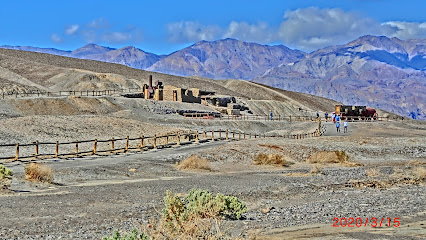
Aguereberry Point
16.1 km
Discover the stunning views and rich history at Aguereberry Point, a scenic high-altitude lookout in Death Valley National Park.
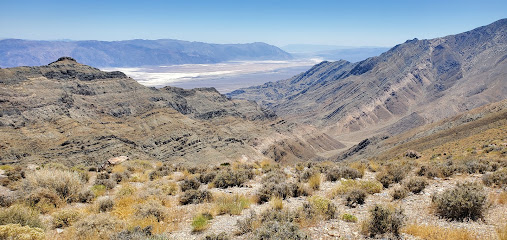
Furnace Creek Campground
16.1 km
Experience the breathtaking beauty of Furnace Creek Campground in Death Valley, an oasis for campers and adventurers alike amid stunning desert landscapes.
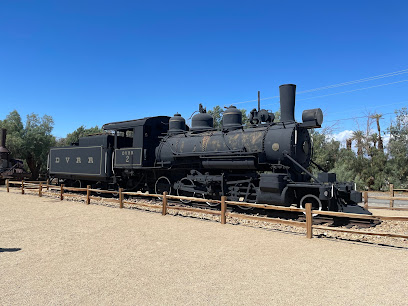
Essential places to dine
Wild Rose Tavern
16.5 km
Experience authentic American dining at Wild Rose Tavern in Death Valley—a perfect blend of comfort food and stunning desert views.
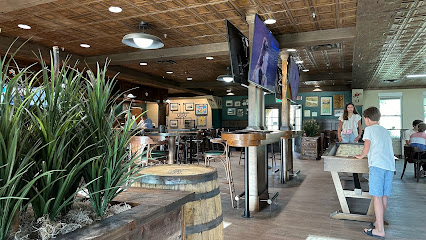
The Ranch 1849 Restaurant
16.7 km
Discover The Ranch 1849 Restaurant: A Buffet Delight in the Heart of Death Valley National Park.
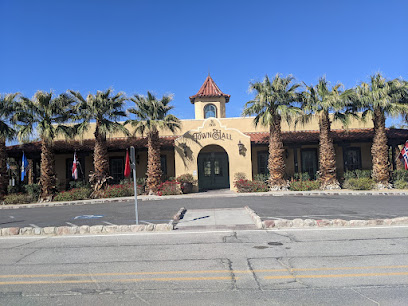
The Inn at Death Valley Dining Room
18.1 km
Experience exquisite dining amidst stunning desert vistas at The Inn at Death Valley Dining Room, where every meal is a journey into flavor.
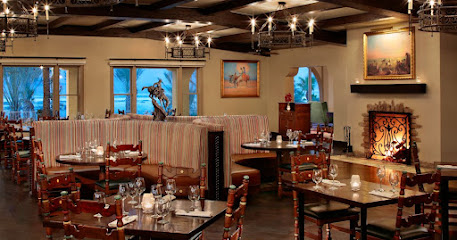
MEL'S DINER
51.6 km
Experience hearty breakfasts and classic American dishes at Mel's Diner in Beatty, NV – where comfort meets great taste.
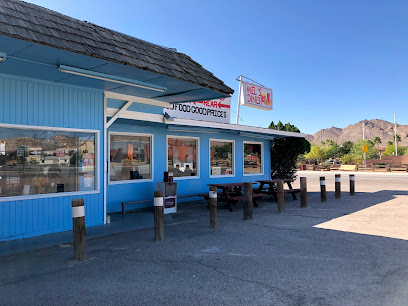
Markets, malls and hidden boutiques
Stovepipe Wells Gas Station
14.8 km
Discover Stovepipe Wells Gas Station, your essential stop in Death Valley for gas, unique gifts, and local insights amidst stunning desert landscapes.
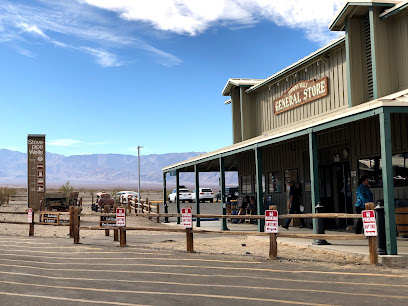
Death Valley History Association
15.4 km
Discover the captivating history of Death Valley at the Death Valley History Association, a hub of knowledge and exploration.
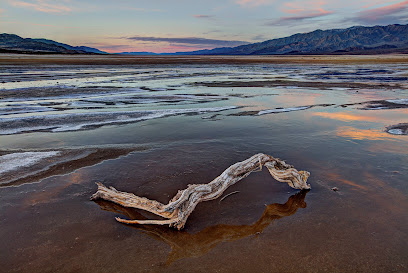
Farabee's Jeep Rentals / Back Country Adventure tours LLC
16.6 km
Experience Death Valley's breathtaking beauty and rugged terrain with Farabee's Jeep Rentals, your gateway to unforgettable adventures.
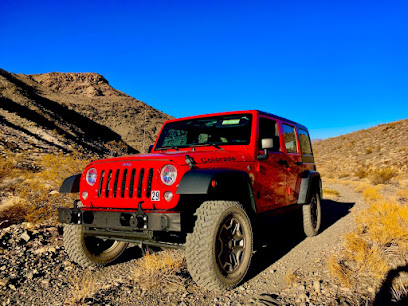
General Store
16.7 km
Discover the charm of The Oasis General Store in Death Valley, your one-stop shop for essentials and delightful ice cream amidst stunning desert landscapes.
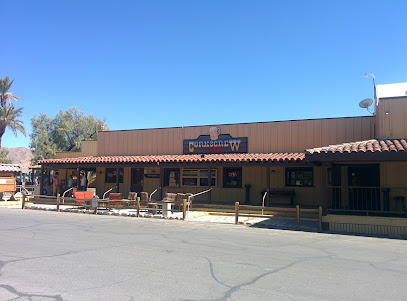
The Inn at Death Valley
18.1 km
Experience unparalleled luxury and natural beauty at The Inn at Death Valley, your oasis in the heart of California's stunning desert landscape.
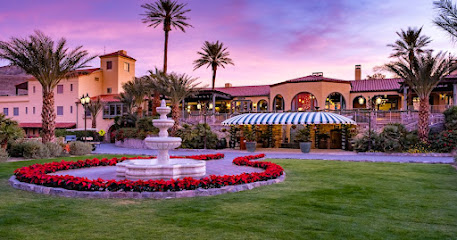
Death Valley Nut & Candy Co
52.5 km
Explore unique sweets and snacks at Death Valley Nut & Candy Co, your go-to stop for indulgent treats in the heart of Nevada's desert!
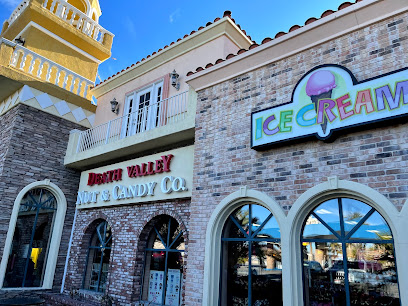
Ruby's Store
55.5 km
Discover local flavors and unique Mexican products at Ruby's Store, a charming grocery destination in Amargosa Valley, Nevada.
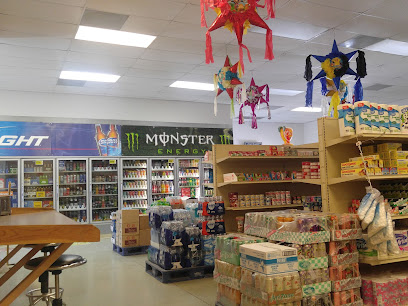
DVJ Fine Cannabis
59.8 km
Discover premium cannabis products in the heart of Death Valley Junction at DVJ Fine Cannabis, where quality meets tranquility.
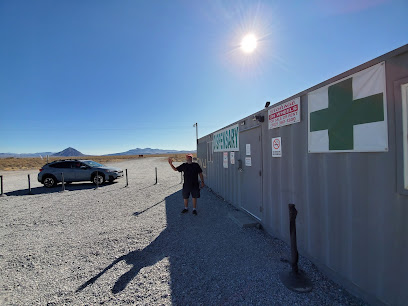
Ash Meadows
62.4 km
Explore the breathtaking landscapes and unique ecosystems of Ash Meadows, a hidden natural gem in Nevada, ideal for nature lovers and outdoor enthusiasts.
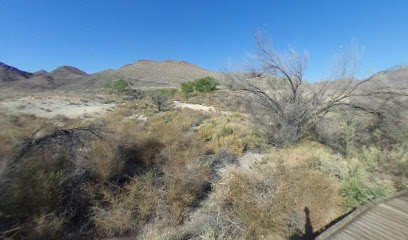
Ash Meadows Board Walk
64.6 km
Explore the serene landscapes and rich biodiversity of Ash Meadows Board Walk in Nevada, a haven for nature lovers and photographers.
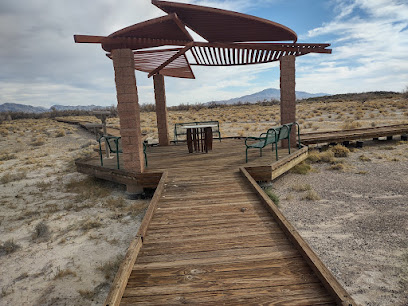
Ash Meadows Fish Conservation Facility
66.6 km
Explore the Ash Meadows Fish Conservation Facility, a vital wildlife refuge in Nevada dedicated to preserving endangered fish species and their natural habitats.

Ash Meadows National Wildlife Refuge
72.7 km
Explore the unique ecosystems and rare wildlife at Ash Meadows National Wildlife Refuge in Nevada, a serene desert oasis for nature lovers.
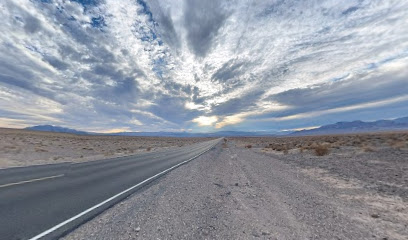
Night Time.
84.8 km
Discover the vibrant music scene at Night Time, where unforgettable performances come to life in an intimate and welcoming atmosphere.

Death Valley Marketplace
90.8 km
Discover unique souvenirs and sweet treats at Death Valley Marketplace, a charming stop for travelers in the heart of Nevada's desert.
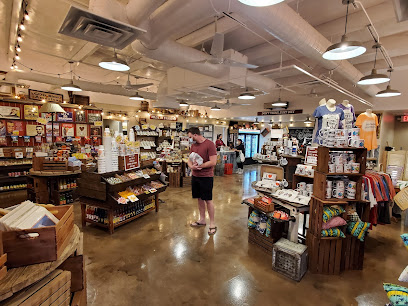
All About Hemp
92.1 km
Explore the benefits of hemp at All About Hemp in Pahrump, Nevada – your destination for quality herbal medicine and wellness products.
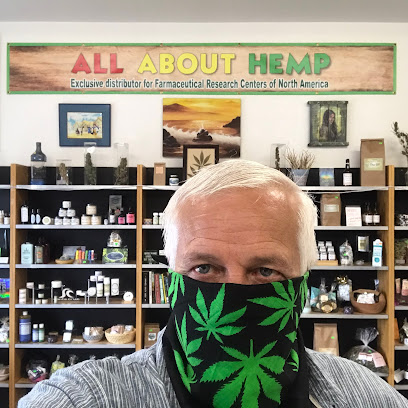
Essential bars & hidden hideouts
Panamint Springs Restaurant
42.1 km
Discover the charm of Panamint Springs Restaurant, where delicious food meets breathtaking desert views in the heart of California.
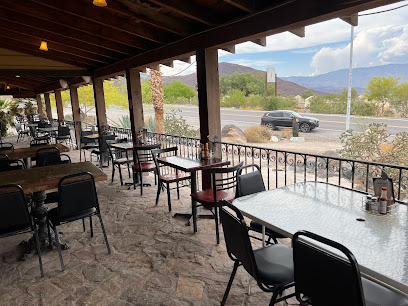
VFW Post 6826
55.5 km
Discover local culture and community spirit at VFW Post 6826, a welcoming bar in Amargosa Valley, Nevada.
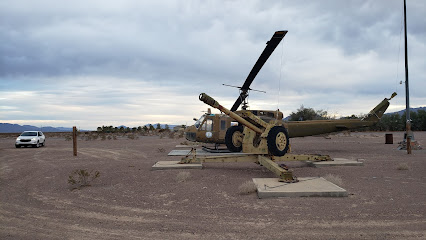
El Valle
55.8 km
Experience authentic Mexican flavors at El Valle in Amargosa Valley, a culinary gem perfect for tourists seeking great food and warm hospitality.
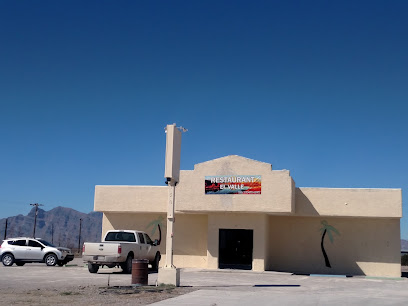
Longstreet Hotel Casino & RV Resort
56.3 km
Discover the ultimate blend of entertainment and relaxation at Longstreet Hotel Casino & RV Resort in Amargosa Valley, Nevada.
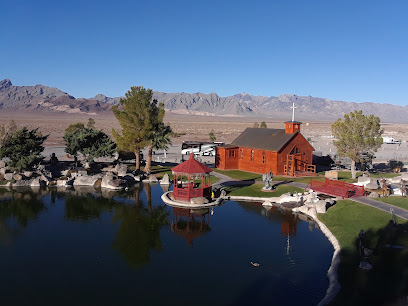
Jack’s Cafe
56.3 km
Discover the charm of Jack’s Cafe in Amargosa Valley, where delicious coffee and a cozy atmosphere await every traveler.

Stateline Saloon
56.5 km
Experience the vibrant atmosphere and delicious offerings at Stateline Saloon in Amargosa Valley, your go-to bar and cafe in Nevada.
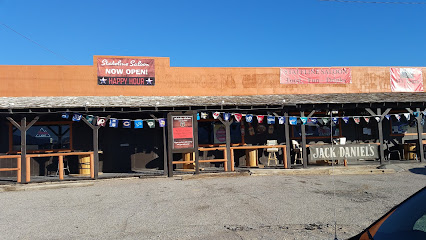
Miss Kathy's Short Branch Saloon
78.5 km
Experience local charm and great drinks at Miss Kathy's Short Branch Saloon, a cozy bar in Pahrump, NV, perfect for connecting with locals.
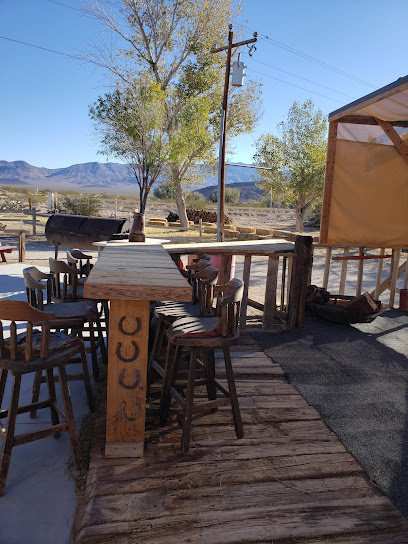
Short Branch Saloon
78.5 km
Discover the enchanting atmosphere of Short Branch Saloon in Pahrump, Nevada, where rustic charm meets vibrant local culture for an unforgettable experience.
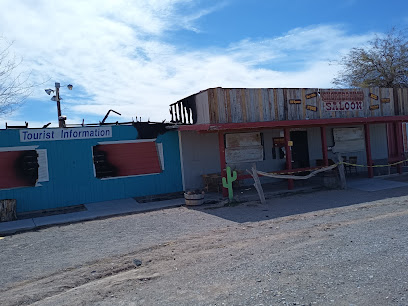
The Hubb
90.2 km
Experience the vibrant flavors and welcoming atmosphere at The Hubb, Pahrump's favorite grill and bar, where every meal is a celebration.
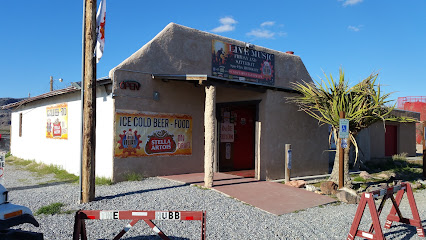
Crowbar Cafe & Saloon
90.9 km
Discover the heart of Shoshone at Crowbar Cafe & Saloon, where American flavors meet rustic charm in a welcoming atmosphere.
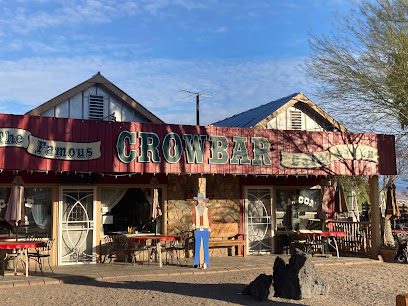
Tumbleweed Tavern
92.7 km
Discover Tumbleweed Tavern, the perfect blend of good drinks, great food, and a warm atmosphere in the heart of Pahrump, Nevada.
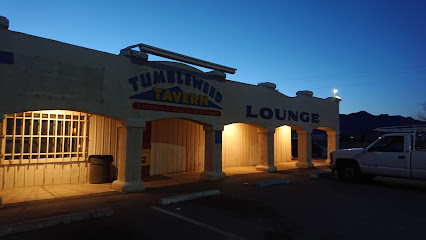
Who's Dunes Lounge
96.5 km
Discover the lively vibe of Who's Dunes Lounge, your perfect spot for drinks, socializing, and entertainment in Pahrump, NV.
